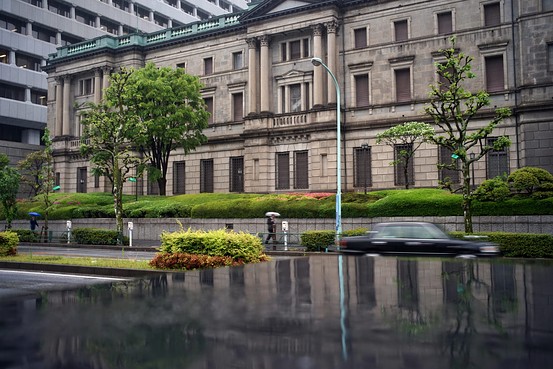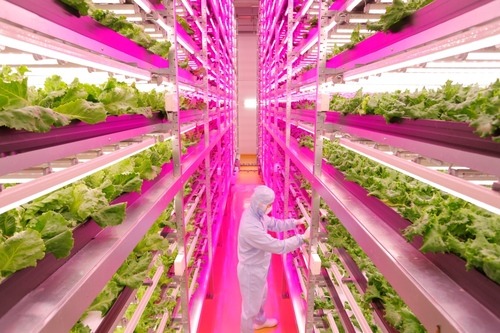Mercedes Benz teams up with Super Mario in new SUV advertisements for Japan
We all know that the most famous 8-bit plumber in the world, Super Mario and the whole franchise behind it, is a legend in Japan and in all of geekdom, and it probably makes sense to take advantage of partnering your product with Nintendo if given the chance. But what German luxury sedan makers Mercedes Benz has done with the marketing ploy for its new GLA class compact in Japan is a little bit on the weird side.
Mario, probably Nintendo’s most famous character and the top money-maker for the struggling video game company, is front and center in the Mercedes Benz GLA class commercial that is doing the rounds on TV and social media. It starts out with the most popular opening stage of all time in video games, Mario’s familiar starting point, complete with that beloved MIDI soundtrack, bricks and question boxes. But this time, our plumber friend jumps into an 8-bit version of the GLA and proceeds onto the game riding the car. One would think that this is cute at this point, but this is not where the commercial ends. Suddenly the video pans into real live footage, and we’re faced with a bizarre-looking real-life Mario – an Italian looking guy with a nose job to give him that authentic Mario look – driving the GLA. If you blink, you might miss the Goomba which “kills” him at the end of the commercial.
Japan has a history of bizarre commercials and TV shows, so we guess it’s not surprising at all that Mercedes Benz – a very serious brand – would take this path in marketing its cars to the Japanese public. Nothing like familiarity to build from. Mercedes Benz is also taking this partnership with Nintendo another level higher, as it’s said that the new Mercedes GLA will be a downloadable add-on car to the Japanese version of Mario Kart 8, Nintendo’s newest version of its unbelievably cute racing game.






Mercedes Benz teams up with Super Mario in new SUV advertisements for Japan - The Japan Daily Press
We all know that the most famous 8-bit plumber in the world, Super Mario and the whole franchise behind it, is a legend in Japan and in all of geekdom, and it probably makes sense to take advantage of partnering your product with Nintendo if given the chance. But what German luxury sedan makers Mercedes Benz has done with the marketing ploy for its new GLA class compact in Japan is a little bit on the weird side.
Mario, probably Nintendo’s most famous character and the top money-maker for the struggling video game company, is front and center in the Mercedes Benz GLA class commercial that is doing the rounds on TV and social media. It starts out with the most popular opening stage of all time in video games, Mario’s familiar starting point, complete with that beloved MIDI soundtrack, bricks and question boxes. But this time, our plumber friend jumps into an 8-bit version of the GLA and proceeds onto the game riding the car. One would think that this is cute at this point, but this is not where the commercial ends. Suddenly the video pans into real live footage, and we’re faced with a bizarre-looking real-life Mario – an Italian looking guy with a nose job to give him that authentic Mario look – driving the GLA. If you blink, you might miss the Goomba which “kills” him at the end of the commercial.
Japan has a history of bizarre commercials and TV shows, so we guess it’s not surprising at all that Mercedes Benz – a very serious brand – would take this path in marketing its cars to the Japanese public. Nothing like familiarity to build from. Mercedes Benz is also taking this partnership with Nintendo another level higher, as it’s said that the new Mercedes GLA will be a downloadable add-on car to the Japanese version of Mario Kart 8, Nintendo’s newest version of its unbelievably cute racing game.






Mercedes Benz teams up with Super Mario in new SUV advertisements for Japan - The Japan Daily Press




















 . I hope I can visit Japan someday.
. I hope I can visit Japan someday.